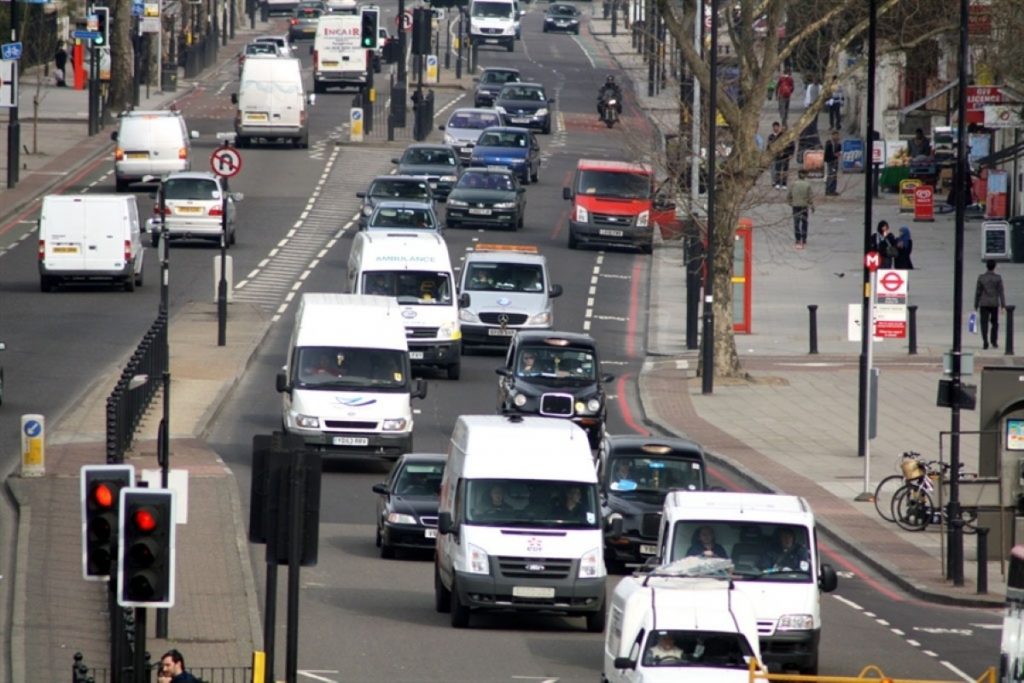‘Scrap road tax’ – thinktank
By Aled Thomas
Road tax should be abolished, a thinktank said today.
Britain’s roads should be privatised, and every citizen in the country given one share, according to a report by the Social Market Foundation (SMF).
The report, Roads To Recovery, says that charging to drive on roads is the only way to raise enough money to upgrade the country’s transport infrastructure but a free, tradable share in the roads, worth more than £1,500, should be given to every citizen to overcome political objections to such charges.


The report says that any profits from road charges, or selling the shares, would go to the individual citizens and not the Treasury.
It adds that congestion costs British businesses an extra £22 billion a year and also damages the environment – and calculates that the average motorist would also be better off, paying less in road tolls than they do in taxes.
SMF director Ian Mulheirn, the report’s co-author, said: “Britain’s transport infrastructure is creaking under the pressure of more and more cars. There will be no money to build new roads and public transport cannot make a significant difference to capacity. We must make better use of our existing infrastructure by pricing the roads so that drivers have an incentive to use them during less crowded periods.”
Mr Mulheirn said charges should benefit the individual, not government or big business, and he believes the abolition of road tax and introduction of charges would leave the average driver better off by £75 per year.
He added: “Road charging is a fair system. It means that people pay for what they use, including foreign hauliers who currently pay nothing at all. Charges will help to change driver behaviour, and make the most efficient use of a shared resource that is crucial to future economic growth. Britain is gridlocked and this new proposal will help to solve congestion and support the economy.”
But both motoring organisations and transport campaigners were lukewarm to the idea.
Paul Watters, head of roads and transport policy at the AA said: “Drivers don’t want to pay any more to use the roads, with fuel being so expensive.
“We’ve been involved in various government studies into road pricing, and they always fell on trust, transparency and cost.”
Mr Watters added: “People do warm to pay as you go, but we do that with the fuel duty, the more you drive, the more you pay. This looks like a very expensive re-invention of the wheel.”
And Richard George, roads and climate campaigner at the Campaign for Better Transport, said: “I wonder what the point of this is; it won’t raise revenue, is it just to make the unpalatable palatable?
“The only solution is to move services like shops closer to where people are and to fund alternatives to driving, otherwise people feel forced to drive and charging them more just makes them angry.”












